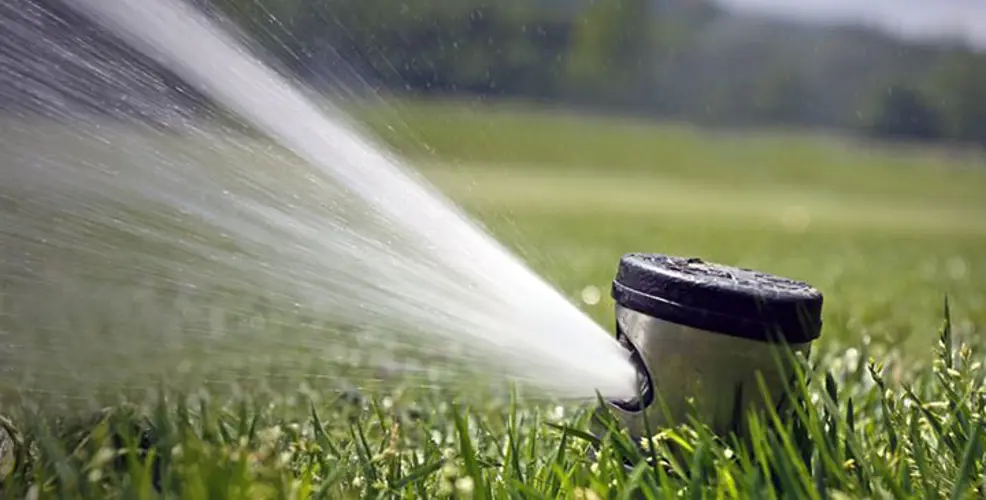
Water Management for Agriculture: Innovative Solutions for Sustainability
Share
The pressing need for effective water management for agriculture is more critical than ever. With the worlds population on the rise, the demand for food production continues to grow, and with it, the need for innovative agricultural techniques. As tech professionals and enthusiasts, understanding how technology can revolutionize water management in agriculture is paramount to addressing this global challenge.
Incorporating advanced technology into agricultural practices not only ensures sustainability but also enhances efficiency. From IoT devices to smart irrigation systems, technology is reshaping how water resources are managed to maximize yield while minimizing waste.

The Importance of Water Management in Agriculture
Agriculture accounts for approximately 70% of global freshwater withdrawals, which highlights the significance of efficient water management in this sector. Poor management can lead to water scarcity, affecting both food production and ecosystems. As tech professionals, we are in a unique position to develop and implement technologies that can transform water management practices.
Smart irrigation systems, for instance, utilize sensors and data analytics to optimize water usage. These systems automatically adjust watering schedules based on weather forecasts, soil moisture levels, and crop requirements. By doing so, they significantly reduce water wastage and promote sustainable farming practices.
Technological Innovations in Water Conservation
Technological innovation is at the forefront of modern water management solutions. One such advancement is the use of IoT-enabled devices, which provide real-time data and analytics to farmers. This technology allows for precise monitoring of water usage, enabling farmers to make informed decisions about irrigation practices.
Moreover, drones equipped with multispectral imaging technology can assess crop health and soil moisture levels. This data is invaluable for optimizing water distribution and ensuring that crops receive the right amount of water at the right time. The integration of these technologies not only improves water efficiency but also boosts crop yields.
Smart Solutions for Efficient Water Usage
Another exciting development in the realm of water management is the adoption of machine learning algorithms. These algorithms analyze environmental and crop data to predict water needs accurately. By forecasting irrigation requirements, farmers can plan more effectively and avoid over-watering, thereby conserving water resources.
In addition to these innovations, there are several best practices in water management that tech professionals can explore further. For instance, the use of water-saving toilets and other household practices can play a role in broader water conservation efforts. Learn more about these practices in our article on how to save water in the bathroom.
Challenges and Opportunities
Despite the technological advancements, there are still challenges to overcome. The initial cost of implementing smart technologies can be prohibitive for small-scale farmers, and there is a need for governmental support and incentives to encourage widespread adoption.
However, the opportunities are vast. The potential to reduce water usage while increasing crop yields presents a compelling case for investment in technology. Moreover, the integration of sustainable practices in agriculture can have broader environmental benefits, such as reducing greenhouse gas emissions and preserving biodiversity.
Looking to the Future
The future of water management in agriculture lies in continued innovation and collaboration between tech professionals, agricultural experts, and policymakers. By leveraging technology, we can create a more sustainable agricultural sector that meets the demands of a growing population while conserving precious water resources.
For those interested in exploring further, our discussion on best practices in water management offers additional insights into how technology can play a role in conservation efforts.

FAQ
What role does technology play in water management for agriculture?
Technology plays a crucial role by providing tools such as IoT devices, smart irrigation systems, and data analytics to optimize water usage, increase efficiency, and promote sustainable agricultural practices.
How can tech professionals contribute to better water management in agriculture?
Tech professionals can develop innovative solutions like machine learning algorithms, IoT sensors, and smart irrigation technologies to improve water conservation and management in agriculture.
What challenges exist in implementing technology for water management in agriculture?
Challenges include the high initial cost of technology implementation, the need for training and support, and the necessity of government incentives to encourage adoption among small-scale farmers.
For more tips on water conservation, visit how to conserve water at home.
